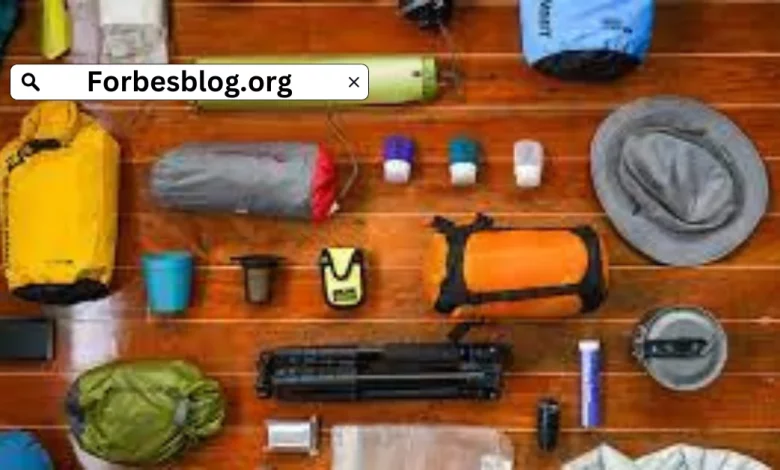From Batteries to Backpacks: Gear Items You Should Always Have Extras Of

Are you planning a weekend camping trip, a long hike, or a day out exploring the great outdoors? Whether you’re an experienced adventurer or a first-time explorer, you never know what unexpected events may occur. It’s always wise to be prepared for any situation by having backup gear. This article will discuss the essential gear items you should always have extras of, from batteries to backpacks.
Table of Contents
Extra Flashlights
A flashlight is a must-have gear item you should always have extras of for recreational activities. Proper lighting is essential for everything from exploring caves and hiking in low-light conditions to baiting a fishing hook during early morning hours.
Having multiple flashlights ensures you have backup options if one light malfunctions, runs out of batteries, or doesn’t have the features or brightness modes you need for a specific activity or environment. Plus, if you’re exploring with a group, having extra lights be handy if someone forgets theirs.
Extra Batteries
One of the most essential items to have extras of for recreational activities is batteries. From headlamps to GPS devices, many items you rely on during outdoor adventures require a power source. Therefore, bringing extra batteries is crucial to avoid being left in the dark or losing track of your location.
When packing, consider the batteries your gear requires. For example, flashlights may require AA or AAA batteries, while other devices may require different types, such as CR123 or 18650 batteries. Always check the battery requirements for your devices before heading out and ensure you have space in your gear for extras for each device.
Extra Water Bottles
Staying hydrated is crucial when exploring the great outdoors. Dehydration can lead to fatigue, headaches, and other health issues. Therefore, having extra water bottles is essential to ensure access to clean drinking water.
There are many types of water bottles, such as collapsible, insulated, and bottles with built-in filters. Choose an extra bottle that’s durable, easy to use and clean, and doesn’t take up much space.
Extra First Aid Kit
Injuries can happen even during a leisurely hike. Therefore, having an extra first aid kit is essential. This kit should contain essential items such as bandages, gauze, antiseptic wipes, and pain relievers.
When packing an extra first aid kit, think about the potential risks and hazards you may encounter. For example, if hiking in a remote area, you may need to include items like a snakebite kit or emergency communication device.
Extra Backpack
Your backpack is your home away from home when exploring the great outdoors. It’s essential to have a reliable backpack that can withstand the elements and hold all your gear. However, even the most durable backpacks can suffer wear and tear, and unexpected damages can occur.
While any seasoned hiker will tell you that you shouldn’t carry too much extra gear, and they won’t be wrong, it’s also important to prepare for any mishaps. Carry a small backup backpack in which you can store your essentials should you suddenly find yourself without your main bag.
Extra Clothing
The weather can be unpredictable, especially when exploring nature. It’s essential to have extra clothing to stay warm and dry in case of unexpected weather changes. Also, having extra clothing can help prevent chafing and blisters, which can occur when wearing damp or sweaty clothes.
When packing extra clothing, consider the weather and activities you’ll participate in. It’s also important to consider where to stash extra clothing during outdoor activities. Look for pockets or compartments in your backpack to safely store extra layers, socks, or accessories for quick access.
Having extra gear items is essential to preparing for any outdoor adventure. With the right equipment and backup options, you can make sure you’re ready for any situation and fully enjoy the beauty of the great outdoors.




